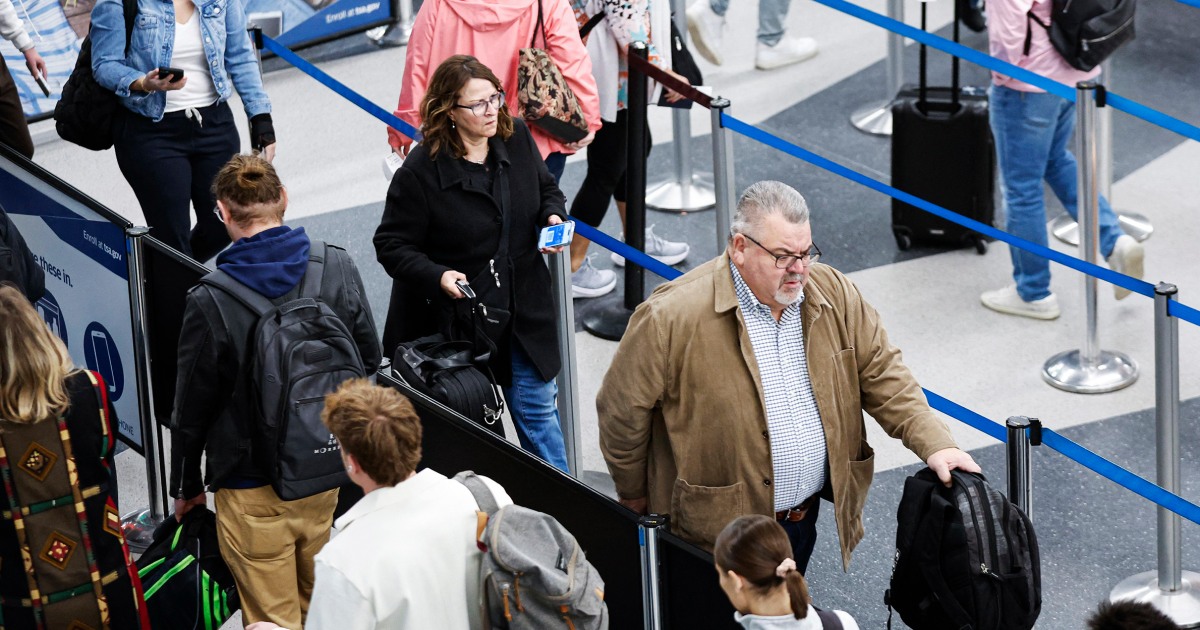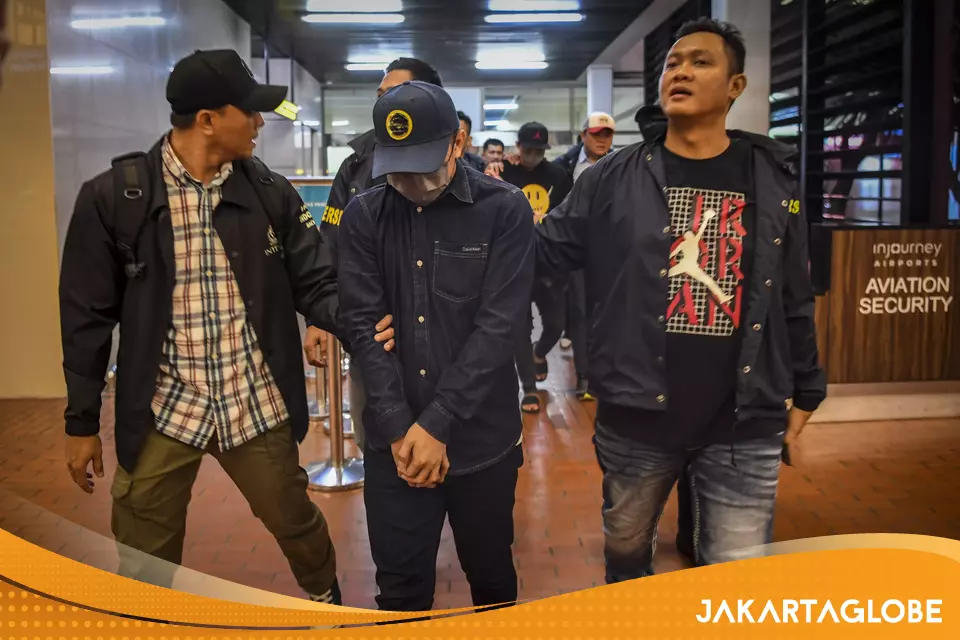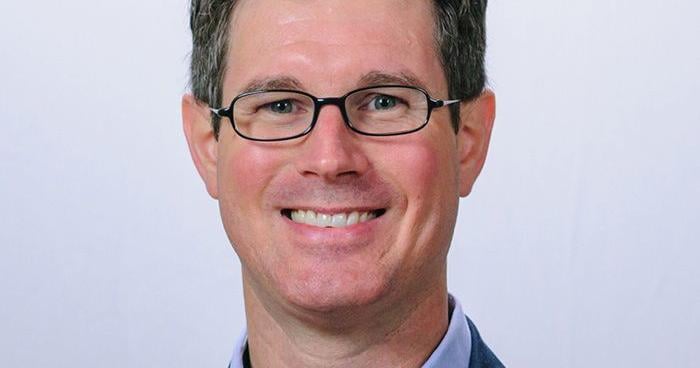Bussiness
The secret recordings of Alito and Roberts will likely backfire
Early Monday, Rolling Stone reported that a documentary filmmaker posing as a Catholic conservative created secret audio recordings of conversations with Supreme Court Justices John Roberts and Samuel Alito at an exclusive charity gala.
Some critics questioned the ethics of Lauren Windsor’s surreptitious recording, while others underscored how Associate Justice Alito’s comments starkly contrasted with Chief Justice Roberts’ responses to the undercover provocations.
But the recordings, which come as the Supreme Court is wracked by ongoing scandals and plummeting public trust, may not result in any newfound transparency and could create the opposite: an even more secretive high court, one legal scholar told Business Insider.
What the secret recordings captured
The New York Times on Monday evening appeared to confirm the veracity of the recordings, in which Alito — who recently came under fire over an upside-down American flag seen outside his home in 2021 — seemed to endorse the idea that the US should return to being a country of “godliness” while casting doubt on the possibility of future compromise between liberals and conservatives.
“One side or the other is going to win,” Alito told Windsor at the event, according to both outlets. “There can be a way of working, a way of living together peacefully, but it’s difficult, you know, because there are differences on fundamental things that really can’t be compromised.”
Windsor, who has made a career of documenting left-wing movements like Occupy Wall Street and targeting conservatives with the website Project Veritas Exposed, continued to coax Alito, according to the audio, telling the justice she believed the solution would be “winning the moral argument.”
“Like, people in this country who believe in God have got to keep fighting for that, to return our country to a place of godliness,” she can be heard saying.
“I agree with you, I agree with you,” Alito concurs.
In contrast, Roberts’ remarks appeared more measured. He rebutted Windsor’s argument that the court should lead the country morally.
“Would you want me to be in charge of putting the nation on a more moral path?” the chief justice said, according to the reports. “That’s for people we elect. That’s not for lawyers.”
Windsor told The Times that making the secret recordings was the only way she believed she could get answers to her questions.
“I wanted to get them on the record,” she told the outlet. “So recording them was the only way to have proof of that encounter. Otherwise, it’s just my word against theirs.”
Why the recordings could backfire
Jonathan Adler, an expert on the Supreme Court and law professor at Case Western Reserve University, told Business Insider that Windsor’s recordings do not provide any new insight into how the justices interpret law. Instead, he said, they are an unhelpful distraction from significant issues facing the court.
“This sort of thing is going to mean that the justices do things — like go to the Supreme Court Historical Society or equivalent, other institutions — less often,” Adler said. “It will encourage the justices being more cloistered and more walled off from citizens, the legal community, and so on. And it’s not clear why that would be good for the country or for the court or anything else.”
Much of what the justices said on tape, Adler said, can be gleaned from public speeches or their previous case rulings, which Adler noted are much more thoughtfully considered than spontaneous remarks made in response to a stranger trying to provoke a response.
Instead, he said, the tapes now distract from the serious cases before the court about the scope of judicial power, the nature of presidential immunity, and issues like parental rights, gender identity, and the climate crisis.
“I think it’d be much, much more fruitful if we were devoting time to helping people unpack and understand those questions and those issues — because that’s what matters,” Adler said. “I mean, whether or not Justice Alito thinks that the country’s political or tribal divisions are likely to be solved anytime soon doesn’t tell us very much.”
Representatives for the Supreme Court did not immediately respond to requests for comment from Business Insider.









